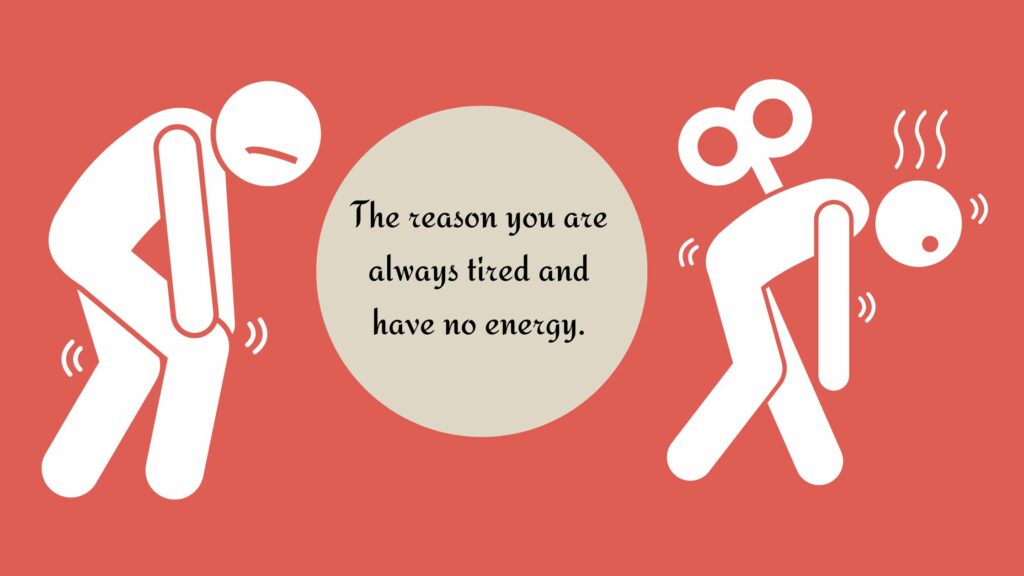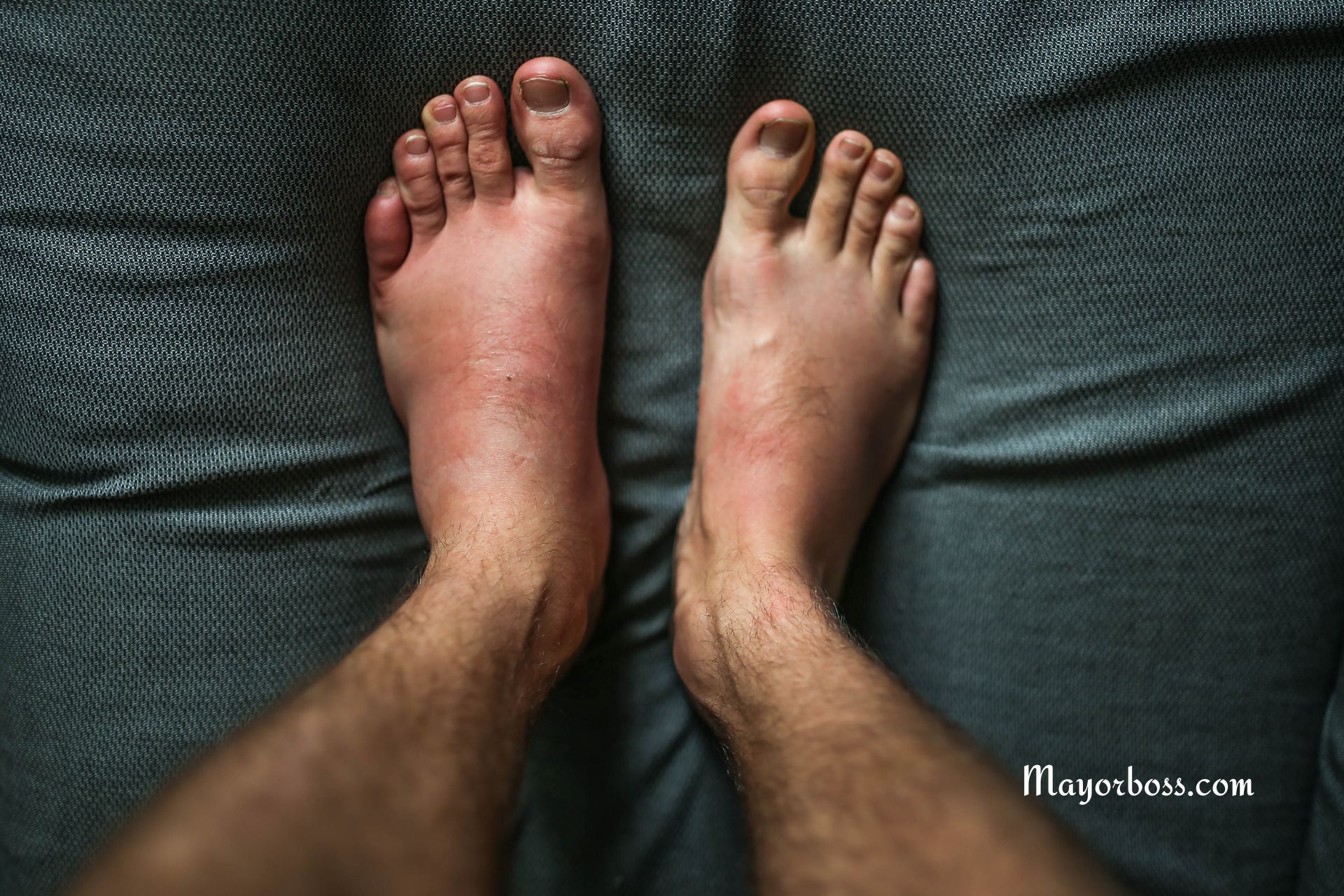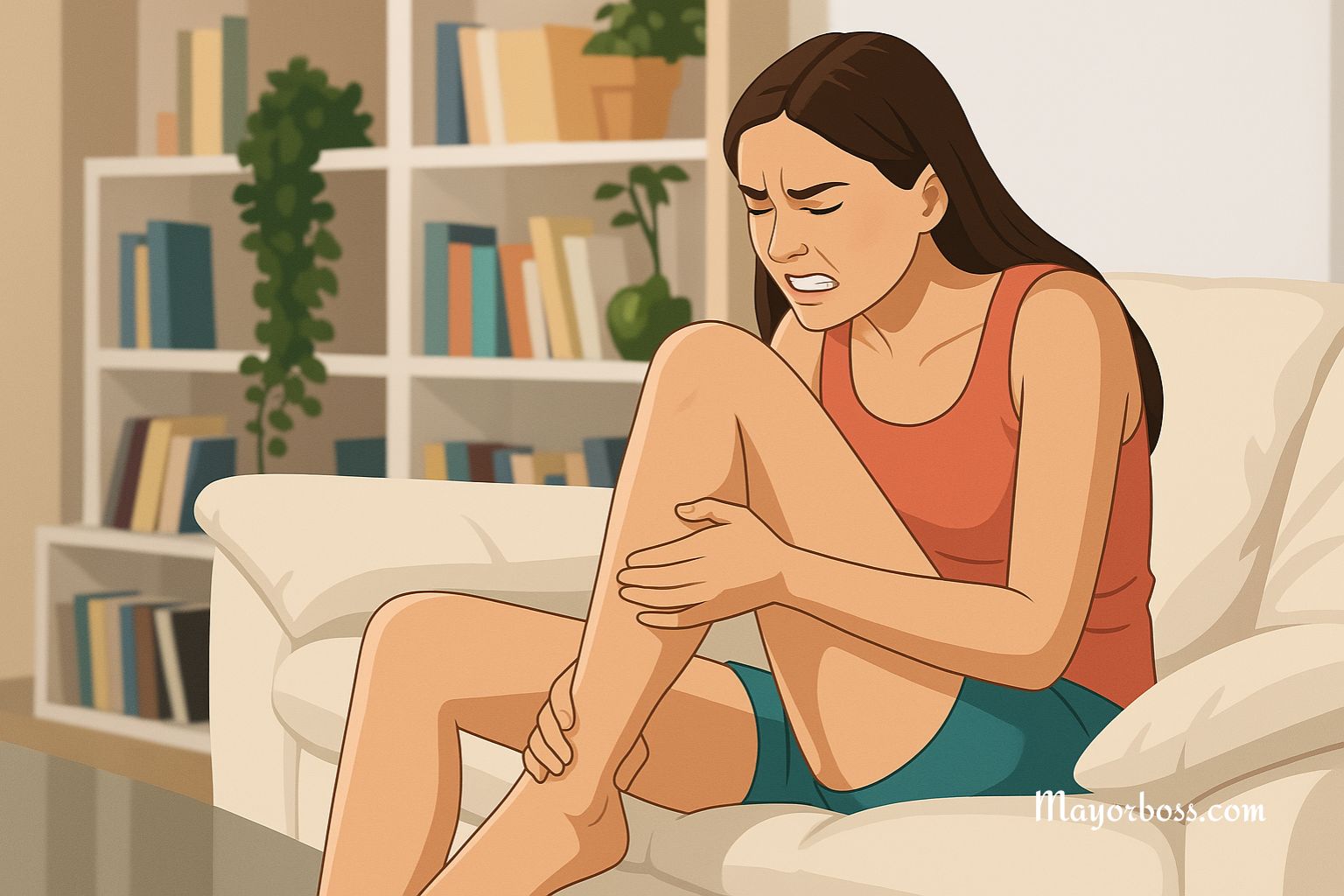Reasons You’re Always Tired
Feeling tired all the time can be a real drag. It can sap your motivation, make everyday tasks harder to finish, and generally leave you feeling sluggish and unmotivated. But what causes extreme fatigue? In this post, I’ll explore some key reasons why you might find yourself struggling with low energy levels more often than not. Let’s jump right in.
Reasons you’re always tired

Here are some potential reasons you’re always tired and have no energy:
- You’re not getting enough sleep. Many of us don’t get the recommended 7-8 hours of sleep per night, leaving us feeling groggy and tired during the day.
- Poor diet. Your diet plays an important role in your energy levels. Eating unhealthy food with lots of processed sugars can lead to fatigue throughout the day. Eating a balanced diet full of fruits, vegetables, and whole grains will help keep your energy levels up.
- You’re stressed out. Stress can cause physical symptoms like fatigue because your body is expending so much energy in response to stressors.
- You drink too much caffeine. Too much caffeine has been linked to feelings of nervousness and restlessness, leading to decreased energy and exhaustion later in the day.
- A sedentary lifestyle. Sitting for extended periods without movement can lead to lethargy and low energy levels throughout the day.
- Not drinking enough water. Dehydration can lead to a lack of alertness and sluggishness throughout the day. Even slight dehydration has been shown to contribute to fatigue levels!
- Not exercising regularly. Exercise is key to keeping your energy levels up as it helps increase circulation and releases endorphins that boost your mood and make you feel more energized.
- You’re anemic. Anemia occurs when you don’t have enough healthy red blood cells, which affects the oxygen supply within your body – leading to feelings of weakness and exhaustion throughout the day.
- It’s seasonal depression. Seasonal affective disorder (SAD) is a form of depression that tends to start during autumn due to fewer daylight hours. This decrease in mood often leads to lowered energy levels and fatigue.
- Medication side effects. Certain medications used for other ailments, such as depression or anxiety, can sometimes cause feelings of drowsiness or low energy throughout the day. If this is something you notice after taking medication, it’s important to speak with your doctor about alternative options.
Nutrient deficiencies

Many nutrient deficiencies may lead to tiredness. Here are a few that can be related to fatigue:
- Vitamin D deficiency. Low levels of vitamin D can cause fatigue and exhaustion, as well as a weakened immune system that makes it hard to fight off illnesses.
- Iron deficiency. Iron is needed to produce hemoglobin which carries oxygen to your organs and cells. When iron levels are too low, oxygen cannot be transported efficiently, resulting in fatigue.
- Magnesium deficiency. Magnesium helps absorb other nutrients like calcium and potassium, so if you’re deficient in this mineral, it can lead to feelings of exhaustion.
- B vitamin deficiency. B vitamins are essential for energy production and metabolism, and having a lack of these vitamins can result in feeling tired all the time.
- Zinc deficiency. As an essential mineral for immune function and growth, zinc deficiency can lead to general malaise and fatigue throughout the day.
- Potassium deficiency. Potassium is necessary for energy production and muscle contraction – a lack of potassium results in feelings of exhaustion that come on quickly after physical activity.
- Omega-3 fatty acid deficiency. Omega-3s are important for brain health, so a lack can lead to decreased concentration and alertness during the day, causing fatigue over time.
- Protein deficiencies. Protein is critical for building healthy muscles, which can help you feel less tired, so make sure you’re getting enough!
- Vitamin B12 deficiencies. Vitamin B12 plays an important role in cognitive processes, including memory, focus, and overall alertness, so a lack of it may leave you feeling foggy or exhausted during the day.
- Calcium deficiencies. Essential for strong bones and teeth, calcium also helps convert food into energy. If calcium levels are low, it will be difficult for your body to properly utilize what you eat, leading to fatigue!
Certain medical conditions
These are some of the most common medical causes of fatigue:
- Thyroid disorders. When the thyroid is not functioning as it should, the hormones it releases cannot properly regulate metabolism, causing fatigue.
- Sleep apnea. This disorder disrupts your sleep and can cause day-long fatigue even after a full night’s sleep.
- Chronic Fatigue Syndrome. CFS is characterized by extreme fatigue that is not improved with rest and can be a side effect of an immune system disorder or other medical issues.
- Diabetes. If blood sugar levels are too high or too low, your body will become exhausted as it attempts to regulate them back to normal.
- Depression. Low moods and lack of motivation can lead to reduced energy throughout the day and make you feel tired all the time.
- Fibromyalgia. This chronic condition causes widespread aches and pains, which can be extremely exhausting for those who suffer from it.
- Addison’s disease. This disorder causes adrenal glands to produce insufficient amounts of hormones that regulate energy levels in the body, resulting in exhaustion.
- Hypothyroidism. The opposite of hyperthyroidism, this illness decreases overall metabolism, leaving people feeling sluggish and overtired during the day.
- Lupus. A chronic autoimmune disorder that can affect multiple organs of the body, lupus can lead to extreme fatigue due to inadequate oxygenation caused by decreased red blood cell production.
- Kidney disease. Chronic kidney disease can lead to anemia, which in turn can cause fatigue, as well as lack of appetite and reduced energy levels.
The bottom line
Everyone experiences fatigue at times. But chronic tiredness may be indicative of an underlying issue. Common causes of fatigue include lifestyle factors like inadequate rest and nutrition, as well as medical conditions such as sleep disorders, depression, and thyroid disorders. To combat fatigue, it is important to get adequate amounts of rest and a balanced diet, regular exercise, and avoid too much caffeine or alcohol. If your tiredness continues to persist, it’s best to consult with a doctor to identify the cause.






